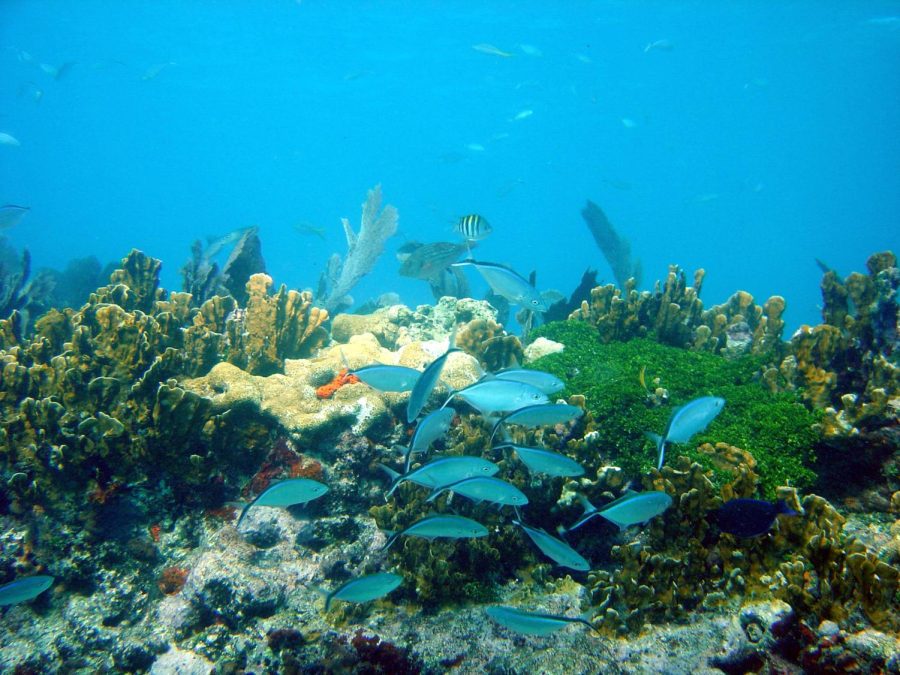70% of Florida Coral Reefs Begin to Erode
70% of coral reefs in Florida are eroding due to bleaching, climate change, and disease.
December 13, 2022
Coral Reefs are a major part of ocean ecosystems that keep the life inside thriving to its full potential. In the U.S., Florida consists of the only living coral barrier in the country, stretching 350 miles from the Dry Tortugas to the St. Lucie Inlet. It also is one of the largest in the world. Unfortunately, the reef is experiencing some major wrecks, as it erodes and diminishes in size more and more from ocean pollution outbreaks.
A study done by the University of Miami Rosenstiel School of Marine, Earth and Atmospheric Science, shows at least 70% of the reefs being diminished. Undoubtfully, this would lead to habitat loss and the death of different fish that live in the reefs, which could impact the livelihood of other organisms who rely on the fish. The main reason for the reefs eroding in such large scales is due to bleaching, climate change, and disease leaking into the water. With the wildlife in the reefs struggling, the National Oceanic and Atmospheric Administration (NOAA) also worries of losing jobs and income, not having the chance to preserve the ocean and make it a cleaner environment. “As these reefs lose structure, the ecosystem services they provide will be diminished, signifying the importance of increased protections and management efforts to offset these trends,” states study authors at the NOAA.
However, many management strategies are being assessed from researchers at the NOAA and are being implemented to help the cause, getting a head start on restoring the reefs. Some of these strategies include planting corals and carbonate budgets, which is the net rate of carbonate production in reefs. Positive budgets result in growth of reefs, whereas negative budgets are the opposite. Studies were done on all 723 coral sites in Florida, with 506 of them in danger. As more and more carbonate budgets are calculated, more monitoring of the reefs can be done to see which ones need refurbishing. “Moving forward, we can use this as a baseline to implement and track the success of management strategies,” states Erica Towle, coordinator of the NOAA Monitoring Program.


